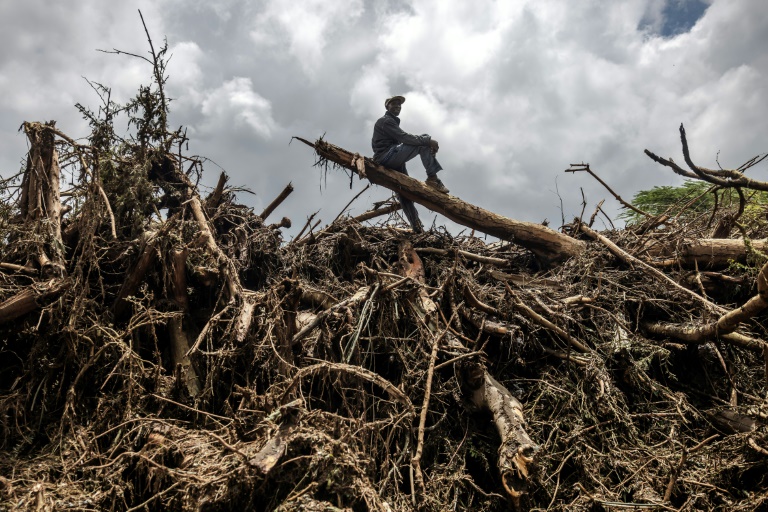IPOH: Residents of Kampung Batu in Menglembu near here have been living without proper road access and water facilities for the past six years.
The Perak government had approved land plots to some 80 households in 2018, as prior to this the residents were squatting in the area.
However, only 10 houses have been built there, because the other 70 owners are waiting for a proper access road to be built, as well as to have their water meters individually.
The residents’ spokesperson P. Bala, 65, said the state government had already approved an access road, as well as to install water pipes, but a Chinese temple and an illegally built wooden house were blocking the access route.
Bala said a wooden house is built on the road reserve, with the temple having structures blocking the path, and this has deprived residents there of basic amenities such as a road, and proper water facilities because water pipes could not be installed.
“We have complained to the state authorities many times, including to the Mentri Besar, the Ipoh City Council, the Land Office and the state executive councillors involved, but so far nothing is being done.
“Currently we have to fork out RM6,000 each to install water meters some 2km away, and the water pressure is very low, and the access road we use is an uneven dirt road passing through via high tension cables,” he told a press conference at the site organised by Perak Barisan Nasional public service and complaints centre chief Mohd Rawi Abdullah on Sunday (June 23).
Bala said efforts have also been made to speak to the person living in the house, as well as with the temple representative, but to no avail.
“We have to store water at most times, as the water pressure is really low, and we will not even know if our water meter is stolen, as the location is a distance away from the houses.
“Many times during the rainy season, motorcyclists using the unofficial route to get to their houses have skidded and fallen due to the uneven road filled with potholes.
“Also we have to use that route under high-tension cables daily. If anything should happen, who will be responsible?” he asked.
Another resident Mohd Rosdi Abu Bakar, 53, said there was no logic for the residents not to have a proper access road.
Rosdi said he could not understand why no action was being taken against those who illegally constructed the structures.
“Why do we (residents) need to suffer?
“We are living here legally yet we are deprived of basic amenities such as water, and an access road,” he added.
He also said he had spoken to the person squatting in the wooden house, as well as to representatives of the temple, but they just refused to budge.
He said all the temple needed to do was remove the zinc sheet fencing to allow a road to be constructed, while the wooden house had to make space to allow the construction of the road.
“I will help the residents to write to the relevant authorities once again,” he added.
A check at the site found that the temple had constructed the fencing, as well as built an overhead pedestrian bridge connecting two buildings of the temple that is deemed illegal as informed by the Land Office officers to the residents.
The wooden house is built exactly on the road reserve, and it probably has to make way if a road is constructed there.
Efforts are being made to get comments from the Ipoh City Council as well as from the state housing and local government committee chairman Sandrea Ng Shy Ching.







